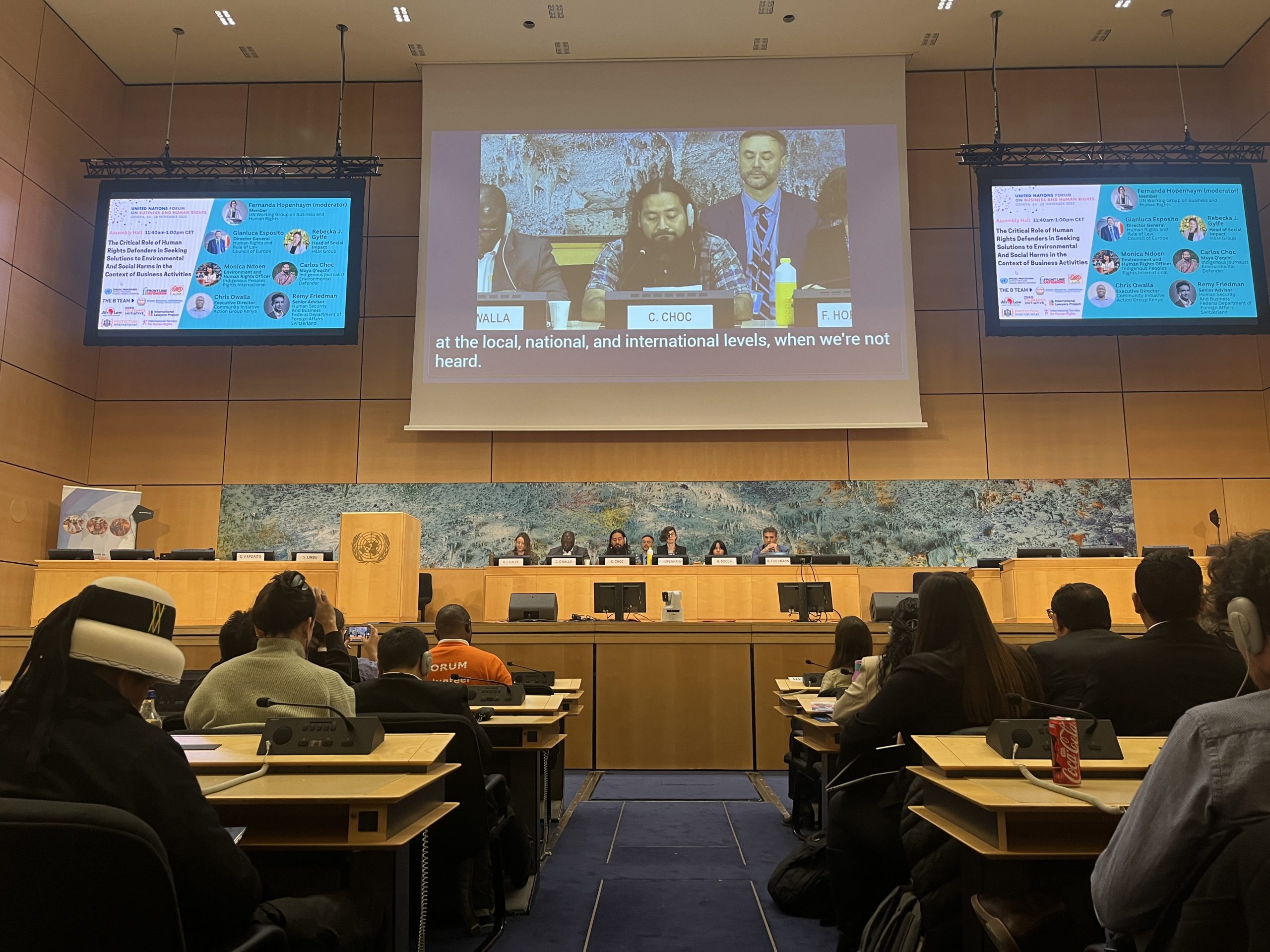The panel on artificial intelligence (AI) and human rights was held on 19 October 2025 with panellists from Avocats sans frontières France, the Centre for Information Technology and Development, Baobab Bytes, Dadaïdes, and the European Union Delegation to Nigeria, with moderation from the University of Lagos.
The discussion highlighted the strengths and weaknesses of the existing legal framework – or lack thereof – in Africa with respect to AI.
Participants pointed to the African Union Convention on Cybersecurity and Personal Data Protection – the so-called Malabo Convention, adopted in 2014 – and, at the same time, the common absence of binding domestic legislation on AI within African States at the national level.
In this last regard, the panel delved into the cases of Nigeria and Ghana and the gaps in their respective AI legal and policy frameworks.
Policy issues raised by the panel include cyberaddiction, algorithmic manipulation and targeting, lack of transparency at a technical level, data sovereignty, and – foreign – AI companies as extractive industries in Africa. The economic opportunities of AI and the potential for multilingualism in Africa were also raised.
In our interventions, ISHR called for a human rights-based approach to AI law, ethics, and policy in Africa, with a particular emphasis on the right to privacy.




